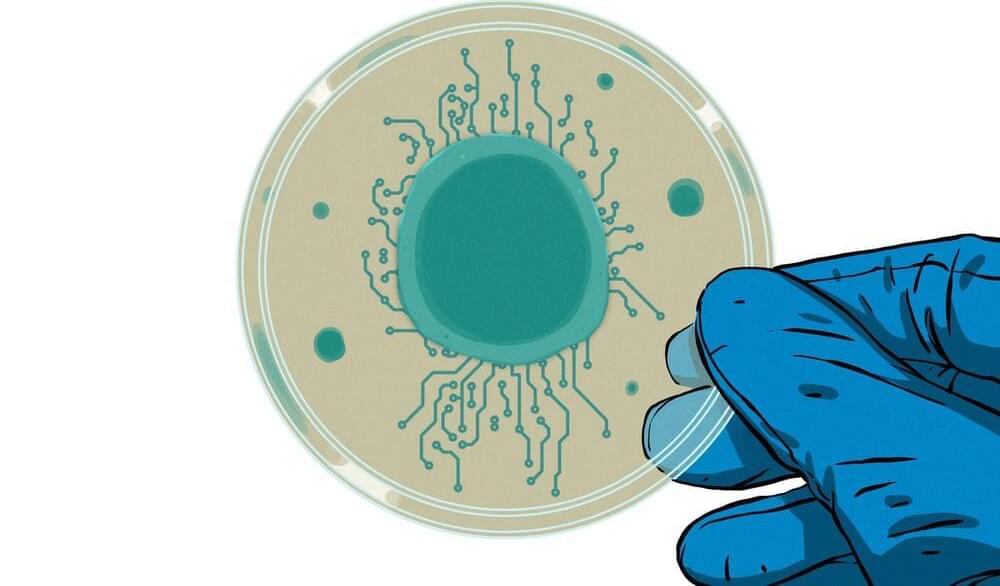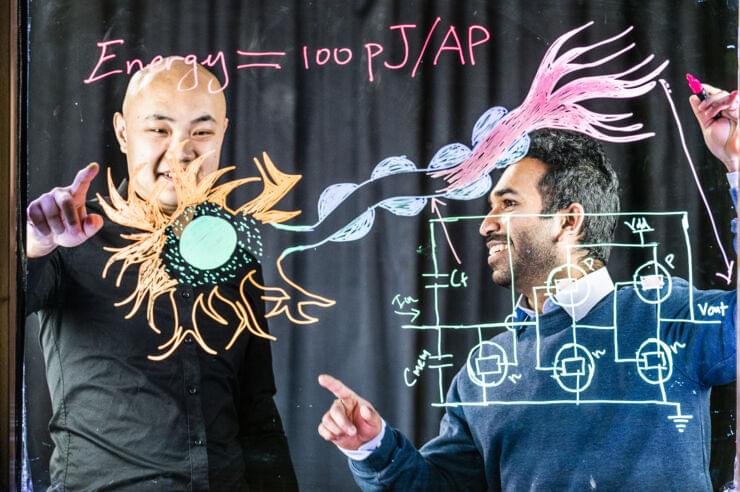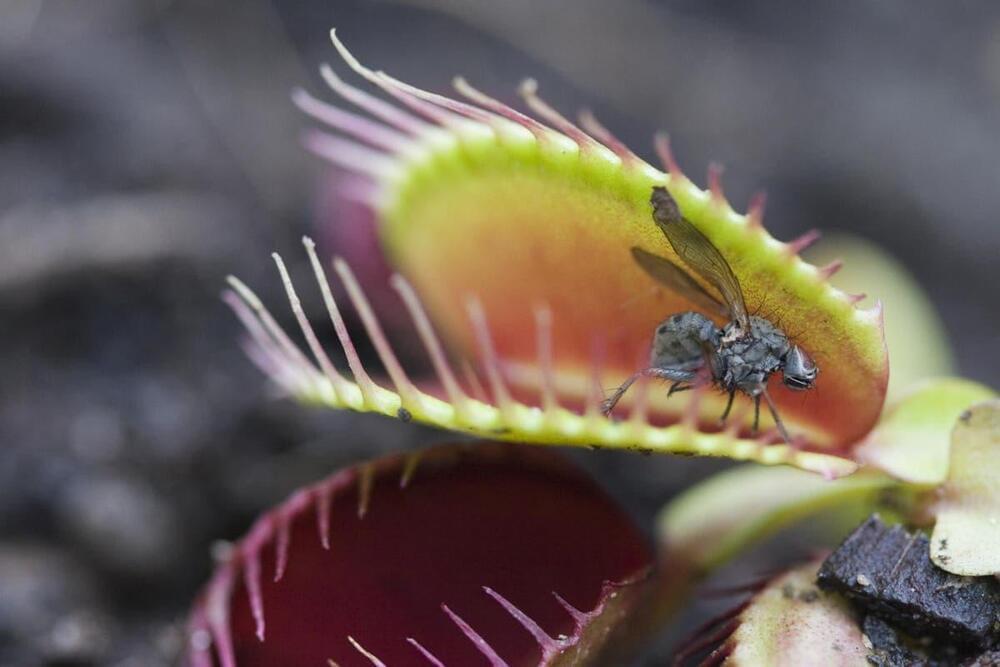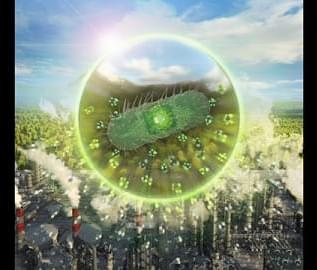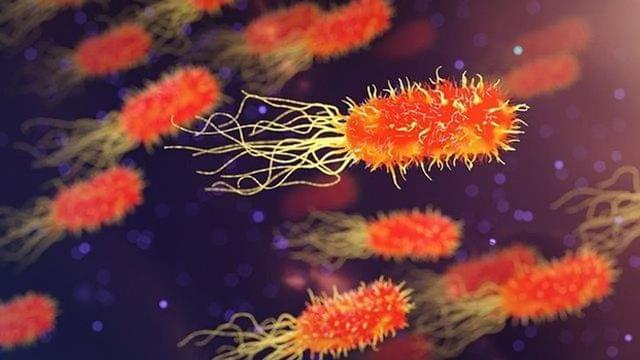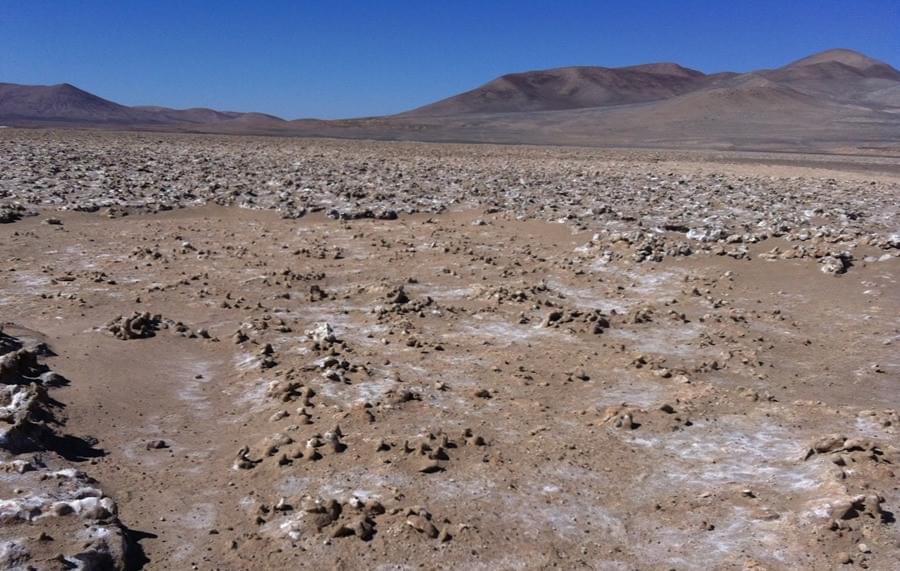Neural networks have become a hot topic over the last decade, put to work on jobs from recognizing image content to generating text and even playing video games. However, these artificial neural networks are essentially just piles of maths inside a computer, and while they are capable of great things, the technology hasn’t yet shown the capability to produce genuine intelligence.
Cortical Labs, based down in Melbourne, Australia, has a different approach. Rather than rely solely on silicon, their work involves growing real biological neurons on electrode arrays, allowing them to be interfaced with digital systems. Their latest work has shown promise that these real biological neural networks can be made to learn, according to a pre-print paper that is yet to go through peer review.
The broad aim of the work is to harness biological neurons for their computational power, in an attempt to create “synthetic biological intelligence”. The general idea is that biological neurons have far more complexity and capability than any neural networks simulated in software. Thus, if one wishes to create a viable intelligence from scratch, it makes more sense to use biological neurons rather than messing about with human-created simulations of such.
